"When teachers have a strong sense of professional community their morale is better and teacher commitment is higher. Professional community helps support teaching practices, and helps teachers address the uncertainty that accompanies nonroutine teaching of the sort encouraged by many school reform initiatives."
Adam Gamoran
It is often said that the most important asset of any enterprise is the talent and enthusiasm of its workforce. Education is no exception to this premise.
Being teachers such a vital element in the educational process, when designing policies aimed at getting better academic results, what policymakers must not forget is that teachers are no different from employees in the private sector. They want to succeed in their jobs and they demand the tools, the respect, and the sense of empowerment necessary to reach this goal.
As University of Washington scholar Dan Goldhaber stands, "It appears that the most important thing a school can do, is to provide its students with good teachers".
But teachers are known to improve when they analyze, evaluate, and experiment with colleagues in purposeful learning communities (Fullan, 2001). Fullan also suggests that the school level change strategy is developing professional learning community within schools and emphasize the importance of strong teacher community. Therefore, teachers need to be enabled and encouraged to establish a community of learners among themselves (Lave & Wegner, 1991). Maclaughlin and Talbert (2001) also indicated that a collaborative community of practice in which teachers share instructional resources and reflections in practice appear essential to their persistence and success in innovating classroom practices (p.22).
Building up organizations that are able to learn – according to Kofman and Senge- requires basic changes in the ways people think and interact. “The heart of the learning organizations are communities of commitment. Without communities of people genuinely committed to the organizations’ goals, there is no real change”.
OFFICIAL TIPS FOR CANDIDATES 2009 ENGLISH CONTEST
CONTESTANTS:
must arrive before 9 o´clock in order to complete the registration.
must hand over their ID cards as they enter the rooms.
must leave ALL their belongings (bags, books, mobile phones, etc.,) at the front or in a corner.
must have their mobiles OFF during the whole test.
mustn´t keep any material to consult; even dictionaries are forbidden.
must use black or blue pen only.
must have the necessary elements to write (more than one pen, correcting fluid, etc.)
must write only the information required in the cover sheet of the test.
must follow the instructions given to favor total anonymity;
mustn´t open the test booklet until they are told to do so.
are not allowed to eat or drink anything during the test (not even "mate").
are not allowed to make any question concerning test content.
are requested NOT to leave the room during the test for any reason; in need of going to the toilet, a member of the board will accompany them.
mustn´t talk among themselves during the test.

In case any form of cheating is discovered, ALL BOARD MEMBERS will immediately take action invalidating the WHOLE test and recording the proceedings in a document (acta) signed by the three members.



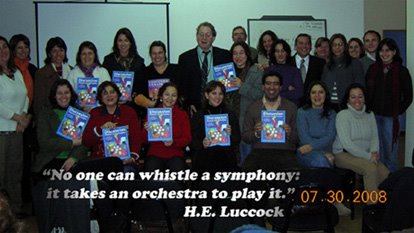

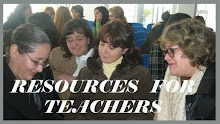



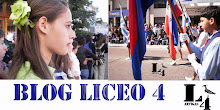







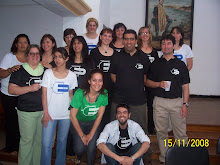







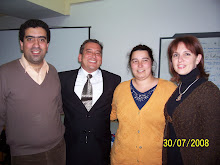

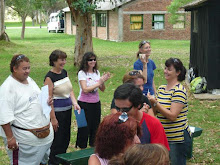



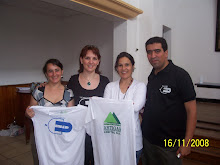

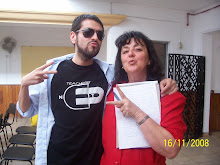


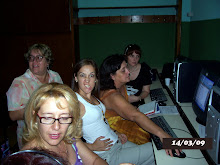

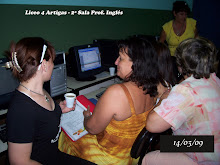

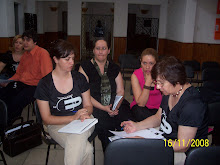
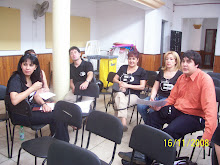

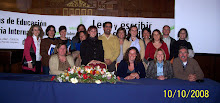


No hay comentarios:
Publicar un comentario